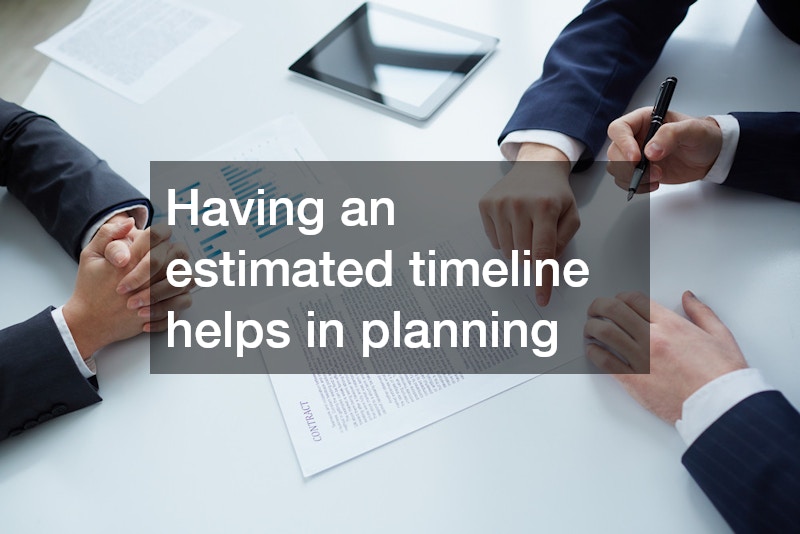
Understanding the right questions to ask your personal injury lawyer can significantly impact the outcome of your case. A well-informed client is more likely to make strategic decisions that enhance the effectiveness of legal representation. This article explores key questions to ensure you’re adequately prepared for your consultation with a lawyer.
By addressing important areas such as experience, communication, potential outcomes, and financial arrangements, you can engage in a productive dialogue that benefits your case.
1. What is Your Experience with Personal Injury Cases?
Understanding the lawyer’s years of practice provides insight into their experience level. It’s essential to recognize that a lawyer with extensive experience might have dealt with a range of situations, enhancing their problem-solving skills. Additionally, experience in personal injury law indicates familiarity with intricate legal issues and procedural nuances. This background can be an asset, especially when navigating complex cases.
Knowing if they have experience with your specific type of case is crucial. Lawyers who specialize in particular injury types, whether it’s car accidents or medical malpractice, can offer targeted insight and strategy. Previous exposure to similar cases allows them to anticipate challenges and prepare effective responses. Understanding the lawyer’s track record with similar cases can boost your confidence in their ability to manage your case proficiently.
A lawyer’s track record can indicate their ability to win cases or negotiate favorable settlements. An impressive success rate often reflects their skill in advocating for clients and securing positive outcomes. However, it’s also important to interpret these statistics critically, considering the complexity and nature of past cases handled. Discussing their success rate provides a measure of assurance but should be weighed alongside other factors like their professional reputation.
2. How Will You Communicate with Me?
Regular updates ensure you are kept informed about important developments. Consistent communication helps build trust and keeps you engaged with the process. Knowing how frequently to expect updates can set appropriate communication expectations from the outset. Furthermore, staying informed helps reduce anxiety and empowers you to make timely decisions as the case progresses.
It’s important to know whether you’ll be dealing with the lawyer directly or their assistant. Establishing a direct line of communication with your personal injury lawyer can enhance the client-lawyer relationship and streamline the handling of your case. It also prevents potential misunderstandings or delays caused by miscommunication. Knowing your point of contact ensures that you have a clear avenue for queries and assistance.
Understanding if they prefer emails, phone calls, or in-person meetings can help set expectations. Being transparent about communication methods fosters smoother interactions and ensures that both parties are comfortable with the chosen medium. This clarity also conveys professionalism and reflects the lawyer’s readiness to accommodate your preferences. Mutually agreeable communication practices enhance collaboration and your confidence in sharing critical information.
3. What Are the Potential Outcomes of My Case?
Understanding the potential outcomes helps in setting realistic expectations. Incisive discourse on settlements versus trials enables you to visualize the trajectory of your case. Knowing the risks and benefits associated with each path can guide you and your lawyer in charting the best course of action. It’s imperative to grasp that outcomes are sometimes unpredictable, influenced by myriad factors such as evidence, liability, and jurisdictional intricacies.
Identifying factors that may impact your case can help in focusing on strengthening those areas. This includes evaluating evidence, witness credibility, and other legal nuances that might sway a decision. An adept lawyer will assess these elements critically to provide an informed opinion about case prospects. Empowered with this understanding, you can actively participate in strategizing for the best possible outcome.
Having an estimated timeline helps in planning and reducing anxiety around the case duration. Recognizing that legal processes can be inherently time-consuming lays the groundwork for patience and endurance. Your lawyer’s ability to give a reasonable estimate suggests a thorough understanding of judicial procedures. However, variables outside the lawyer’s control can affect this timeline, necessitating flexibility and readiness to adapt.
4. How Do You Charge for Your Services?
Knowing if payment is dependent on winning the case is crucial for financial planning. A contingency fee arrangement can alleviate immediate financial pressures, allowing focus on the case without the burden of hourly fees. This setup also aligns the lawyer’s interests with yours, incentivizing them to secure a favorable outcome. Although it introduces a degree of uncertainty, it assures no upfront legal costs unless a resolution is reached.
Being aware of the lawyer’s fee percentage is essential for understanding potential costs. This figure, typically ranging between 25% to 40%, represents the lawyer’s compensation from any award or settlement. Knowing this percentage prepares you for potential sums involved once a verdict or agreement is reached. Transparency about fees beforehand helps maintain trust and prevent misunderstandings down the line.
In asking these questions, you’re arming yourself with information that could be pivotal in choosing the right personal injury lawyer. An informed approach maximizes your potential for successful representation and outcome. Understanding their experience, communication, case outcomes, and fee structures will guide you to make an informed decision. Ultimately, ensuring an all-encompassing discussion during the initial consultation sets the foundation for a strategic and cooperative attorney-client relationship.

